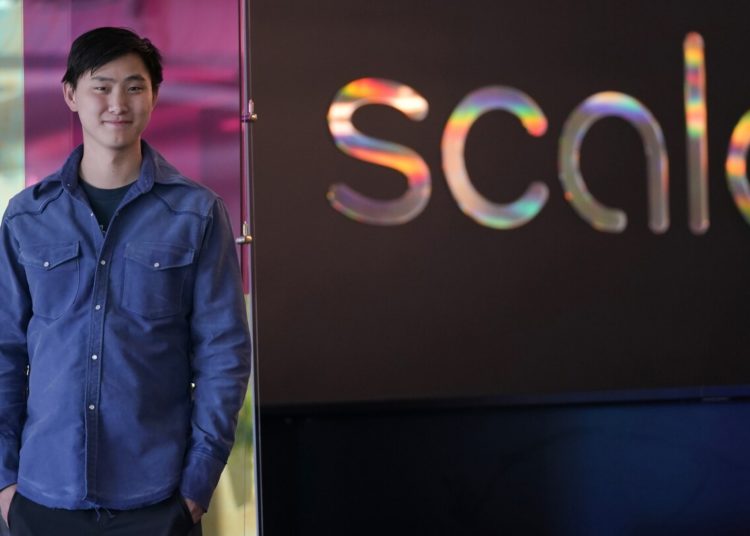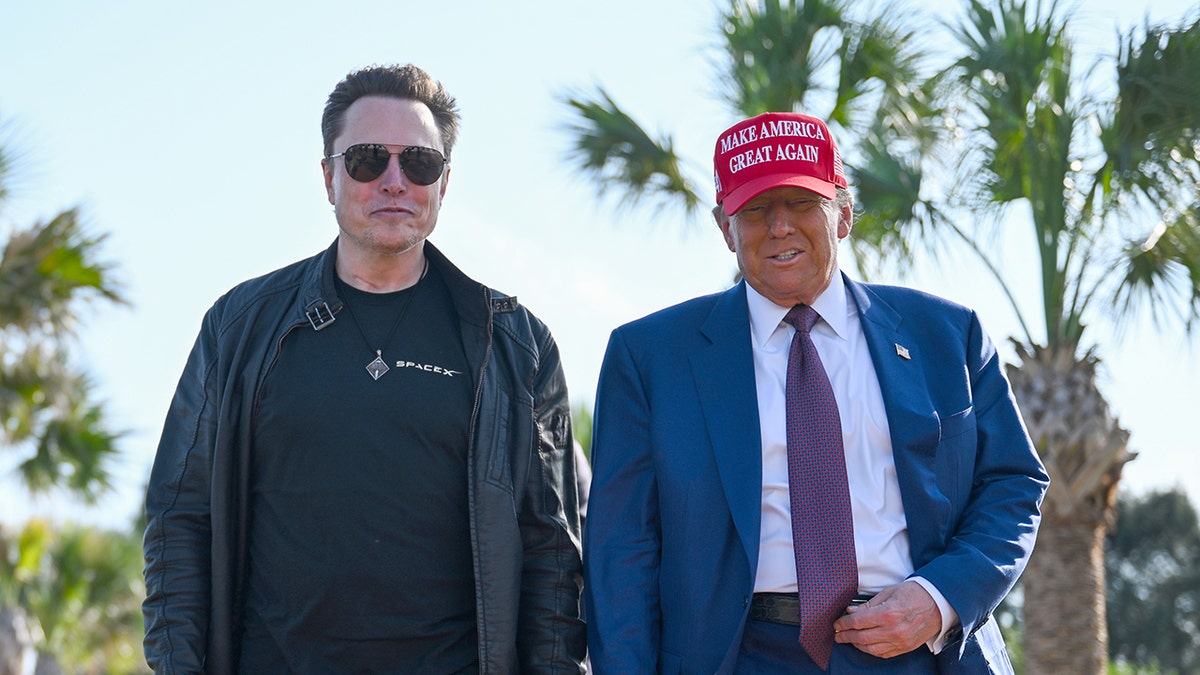S&P 500 Rebounds After 2 Days of Losses

S&P 500 Rebounds After 2 Days of Losses
The S&P 500 closed slightly lower on Tuesday following President Donald Trump's announcement that there would be no extensions on the new August 1 tariff deadline. This news was met with concern from investors, leading to two consecutive days of losses for the index. However, today saw a rebound as the S&P 500 closed higher, thanks in part to the performance of technology giant Nvidia. With a market value of over $4 trillion, Nvidia is a leader in the tech industry and its strong performance has contributed to the overall gain in the market.
Nvidia's Role in the Market
Nvidia's recent success can be attributed to its dominance in the gaming and data center industries. The company's advanced graphics processing units and artificial intelligence technologies have made it a top player in these rapidly growing markets. In addition, Nvidia's partnership with major tech
About the People Mentioned
Donald Trump
Donald John Trump, born June 14, 1946, in Queens, New York, is an American businessman, media personality, and politician. He graduated from the University of Pennsylvania’s Wharton School in 1968 with a degree in economics. In 1971, he took over his family’s real estate business, renaming it the Trump Organization, through which he expanded into building and managing skyscrapers, hotels, casinos, and golf courses. Trump gained widespread fame as the host of the reality TV show *The Apprentice* from 2004 to 2015, which helped establish his public persona as a successful entrepreneur. Trump entered politics as a Republican and was elected the 45th president of the United States, serving from 2017 to 2021. His presidency was marked by significant policy actions including tax cuts, deregulation, the appointment of three Supreme Court justices, renegotiation of trade agreements (notably replacing NAFTA with the USMCA), and a focus on immigration control including border wall expansion. He withdrew the U.S. from international agreements such as the Paris Climate Accord and the Iran nuclear deal, and engaged in a trade war with China. His administration’s response to the COVID-19 pandemic was criticized for downplaying the virus’s severity. Trump was impeached twice by the House of Representatives—first in 2019 for abuse of power and obstruction, and again in 2021 for incitement of insurrection—but was acquitted by the Senate both times. After losing the 2020 election to Joe Biden, Trump challenged the results, culminating in the January 6, 2021, Capitol riot. He remains a central figure in American politics, having won the 2024 presidential election and returned as the 47th president in 2025, continuing to promote policies aimed at economic growth, border security, and military strength[1][2][3][4].
About the Organizations Mentioned
S&P_500
The **S&P 500** (Standard & Poor’s 500) is a major stock market index that tracks the stock performance of 500 of the largest publicly traded companies in the United States, representing about 80% of the total U.S. equity market capitalization[1][2]. Established initially as a 233-company index in 1923 by the Standard Statistics Company and expanded to 500 companies in 1957, it has become the premier benchmark for U.S. large-cap stocks and a key indicator of the overall health of the U.S. economy[4]. The index is capitalization-weighted, meaning companies with larger market values have greater influence on its performance. For example, as of late 2025, the ten largest companies—such as Nvidia, Microsoft, Apple, Alphabet, and Amazon—constitute roughly 38% of the index's market cap[1]. The S&P 500 covers all 11 sectors of the economy, providing broad diversification and a comprehensive snapshot of market trends[2][5]. In addition to serving as a market barometer, the S&P 500 is integral to economic forecasting, contributing to composite indicators like the Conference Board Leading Economic Index[1]. Its components are selected by a committee based on criteria such as market capitalization, liquidity, and sector representation[6]. Being included in the S&P 500 is prestigious and financially impactful for companies, as index funds tracking the S&P 500 must buy shares of newly added firms, often boosting their stock prices[2]. Today, the S&P 500 is maintained by S&P Dow Jones Indices, a division of S&P Global, and is widely used to benchmark investment portfolios, guide passive investing strategies, and evaluate firm performance[7][8]. Investors typically access the index through mutual funds or ETFs, gaining instant exposure to a broad swath of the U.S. market. Its role as a market proxy and investment vehicle makes it a cornerstone of bot
Nvidia
Nvidia Corporation, founded in 1993 by Jensen Huang, Chris Malachowsky, and Curtis Priem and headquartered in Santa Clara, California, is a pioneering American technology company best known for inventing the graphics processing unit (GPU) in 1999[1][2][4]. Initially focused on GPUs for video gaming, Nvidia has expanded its scope to serve diverse markets, including artificial intelligence (AI), high-performance computing (HPC), professional visualization, automotive technology, and mobile devices[1][3]. Nvidia’s GPUs, such as the GeForce series for gamers and the RTX series for professional applications, are central to its dominance, controlling over 90% of the discrete GPU market as of early 2025[1][4]. The company’s investment in CUDA, a parallel computing platform and API launched in the early 2000s, revolutionized GPU computing by enabling GPUs to accelerate a wide range of compute-intensive tasks, particularly in AI and scientific research[1][4]. By 2025, Nvidia commanded over 80% of the GPU market for AI training and inference and supplied chips to more than 75% of the world’s top 500 supercomputers[1]. Nvidia’s influence extends beyond hardware. It offers a comprehensive ecosystem including software platforms like Omniverse for 3D simulation and digital twins, AI frameworks such as MONAI for medical imaging, and Jetson for robotics and edge AI[2][3]. Its technologies power autonomous vehicle data centers, AI factories, and cloud gaming services like GeForce Now[2][7]. Financially, Nvidia achieved record full-year revenue of $130.5 billion in fiscal 2025, with a workforce of over 36,000 employees worldwide and a robust patent portfolio exceeding 8,700 applications[2]. The company is recognized for innovation and workplace excellence, topping Forbes’ "America’s Best Companies 2025" and Fast Company’s "World’s Most Innovative Companies"














